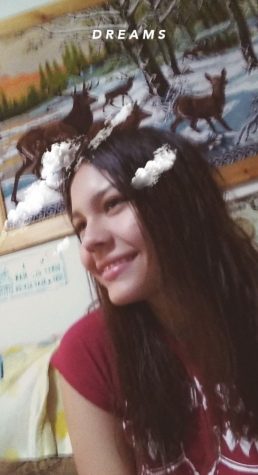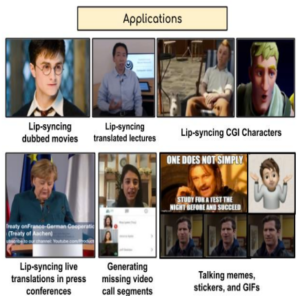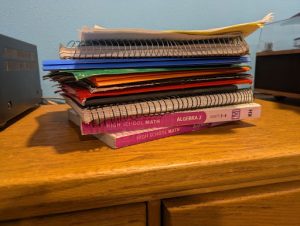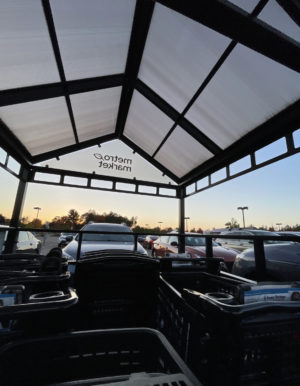Interview: COVID-19 Vaccine Questions
January 22, 2021
 By the end of 2020 we all find out the distribution of the vaccine for COVID-19. A lot of people are concerned with the vaccine because they made it so fast. Is the vaccine safe?
By the end of 2020 we all find out the distribution of the vaccine for COVID-19. A lot of people are concerned with the vaccine because they made it so fast. Is the vaccine safe?
Nurses and doctors will get the vaccine, because they are around a lot of people with COVID-19 that have high risk of getting COVID-19. I interviewed a nurse from the high school from Stevens Point, SPASH, and she answered some questions that a lot of people have.
ER: Will you take the vaccine?
Nurse Castleberg: I have not been given the opportunity to have the COVID vaccine yet, and feel that current dose availability should continue to be offered to higher risk groups first. It should be up to each of us to do our research and weigh the risks and benefits before making a decision about whether or not we want the vaccine.
ER: Do you think that the vaccine will cause health problems in the future?
Nurse Castleberg: Just as with any new medication, there is always the possibility that we will find out down the road that something that we thought was helping may actually have been causing harm. The COVID vaccine is no exception. Many believe that vaccines are “safe and effective” and have undergone rigorous safety trials, while others believe that they are not without risk. The true long-term effects of receiving one of the COVID vaccines is really yet to be determined.
ER: How will a vaccine rollout work ?
Nurse Castleberg: Vaccine distribution is regulated at the state level and will happen in phases. The highest risk groups will have access to it first, and as more vaccine doses become available it will be opened up to others. Currently, we are in Phase 1a which includes frontline health care workers and nursing home staff and residents.
ER: Where will I be able to get a vaccine ?
Nurse Castleberg: Eventually, you will be able to get the vaccine from your medical provider or potentially from your local health department.
ER: Will a vaccine end COVID- 19?
Nurse Castleberg: I don’t feel that a vaccine is the answer to all of our problems. People should be encouraged to actively seek out lifestyle changes to better their overall health and strengthen their immune systems. Good nutrition, plenty of clean water and fresh air, daily exercise, and adequate sleep are the primary means of preventing any illness or disease. Vaccination is not 100% effective and is not proven to prevent transmission, so at this time, the CDC is recommending that we continue practicing non-pharmacological measures, like mask-wearing, social distancing, and hand washing.
Sarah Castleberg has given us good answers, clearing up some of the questions that we have about COVID-19.




































































